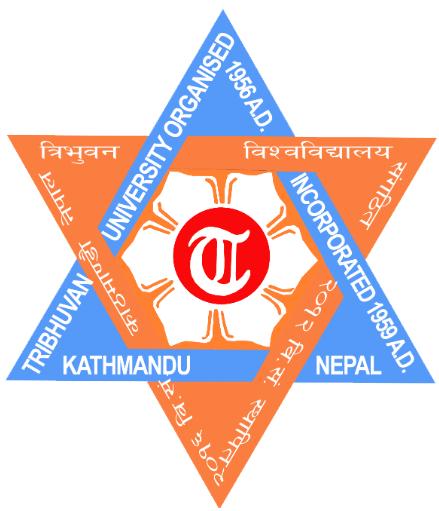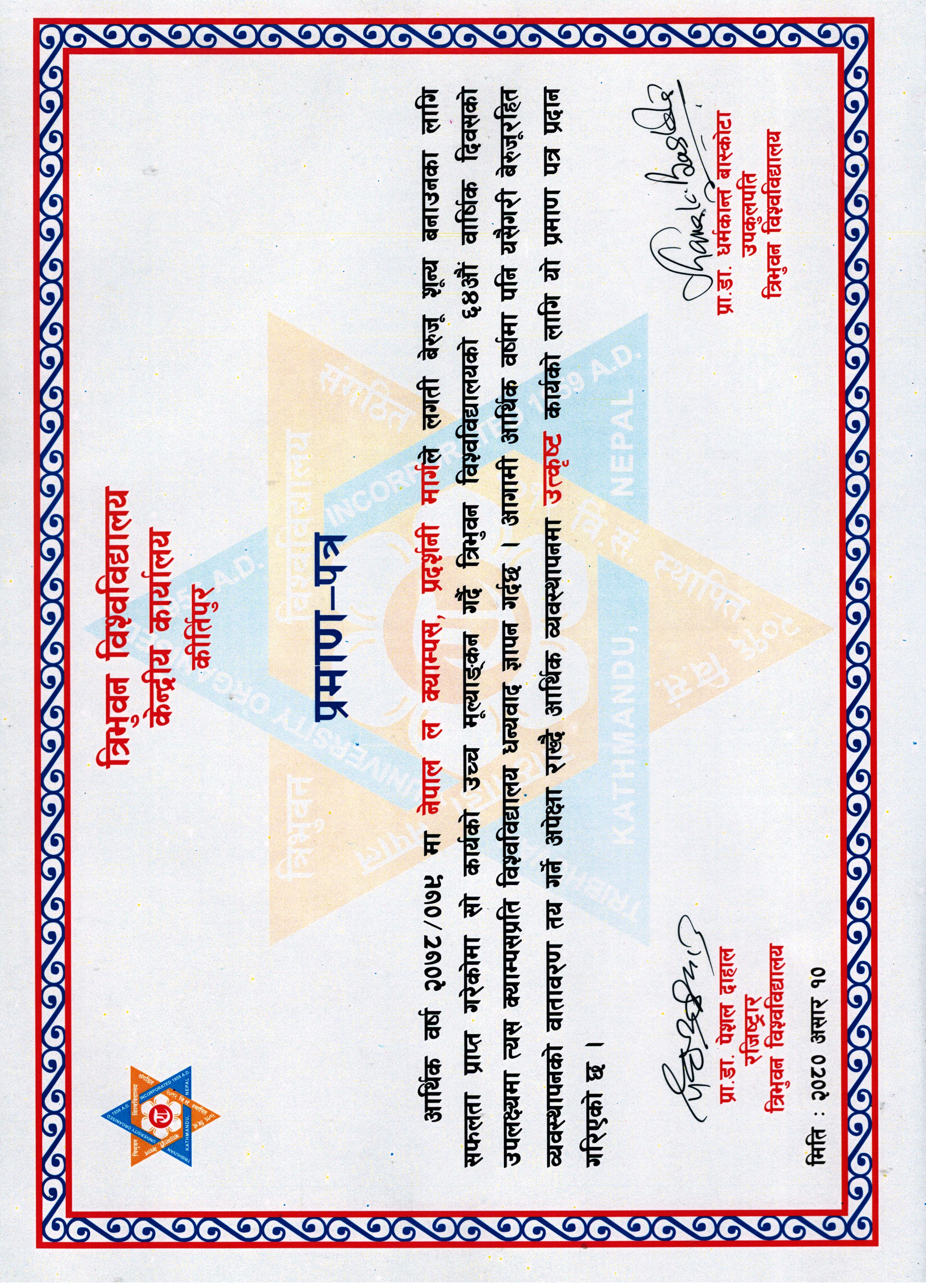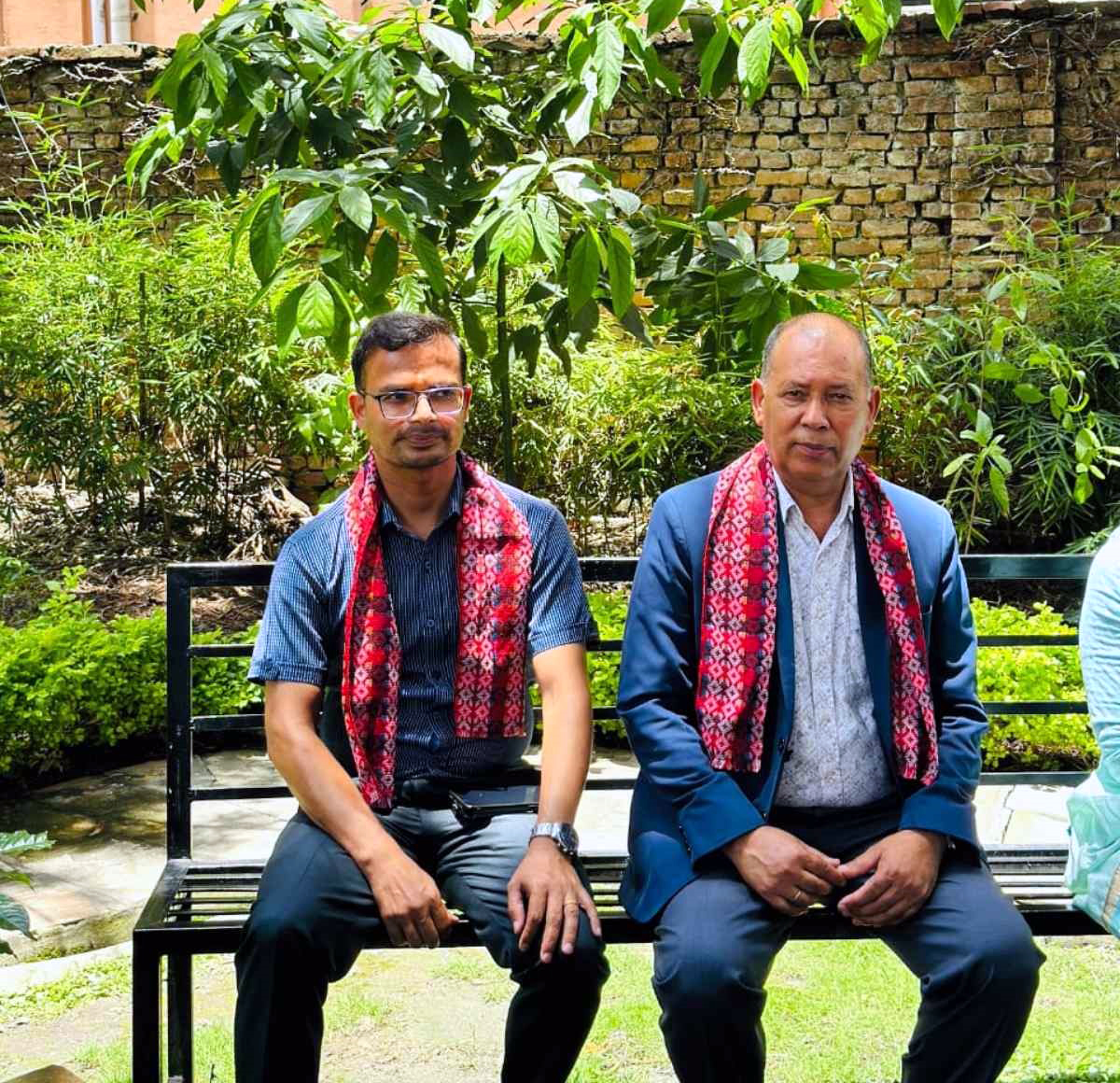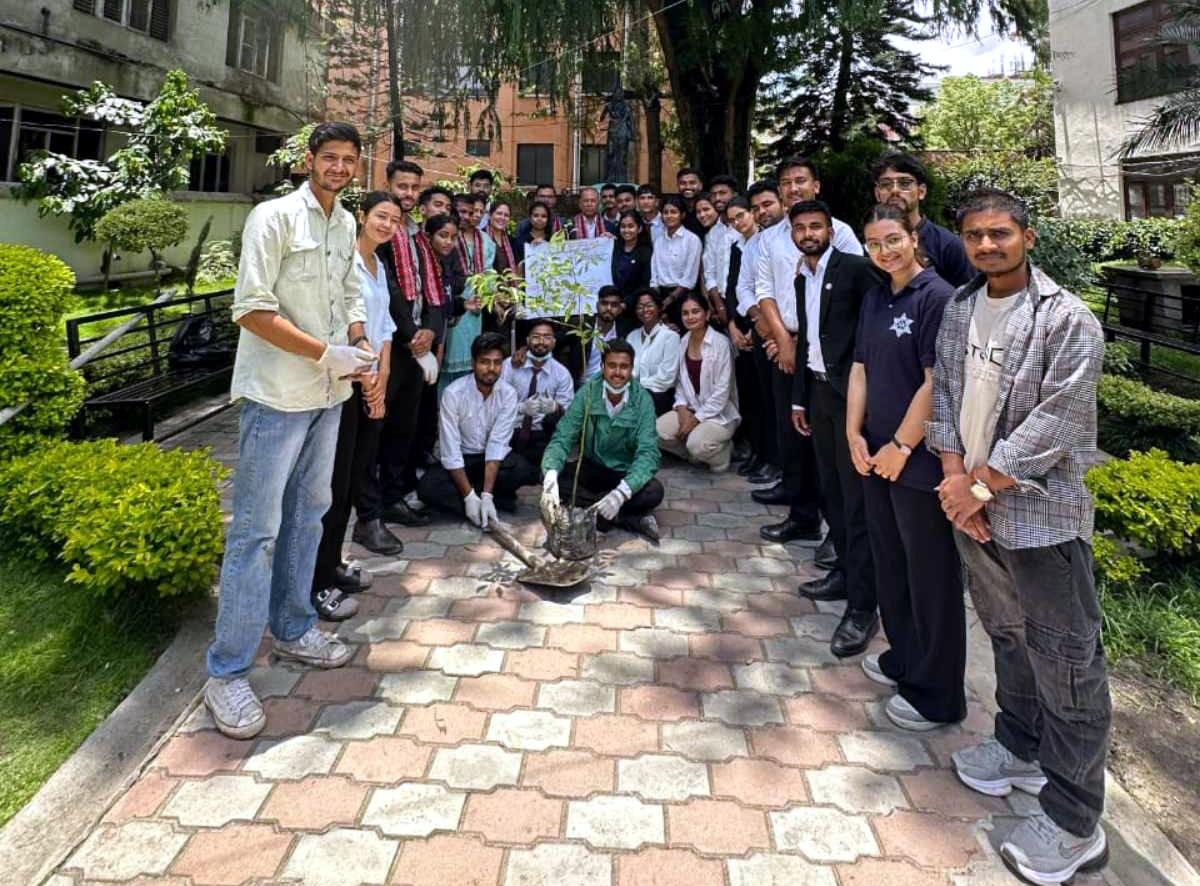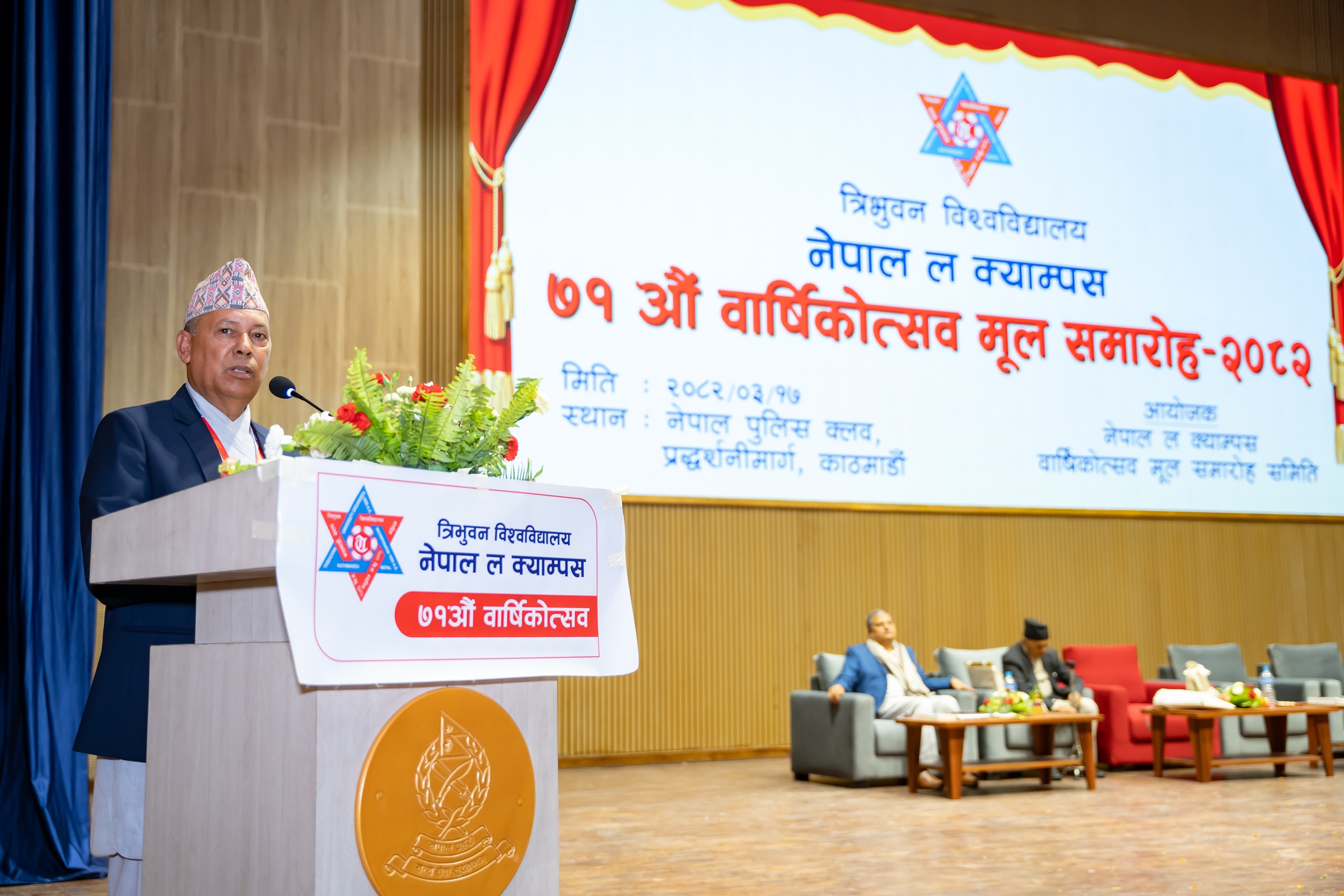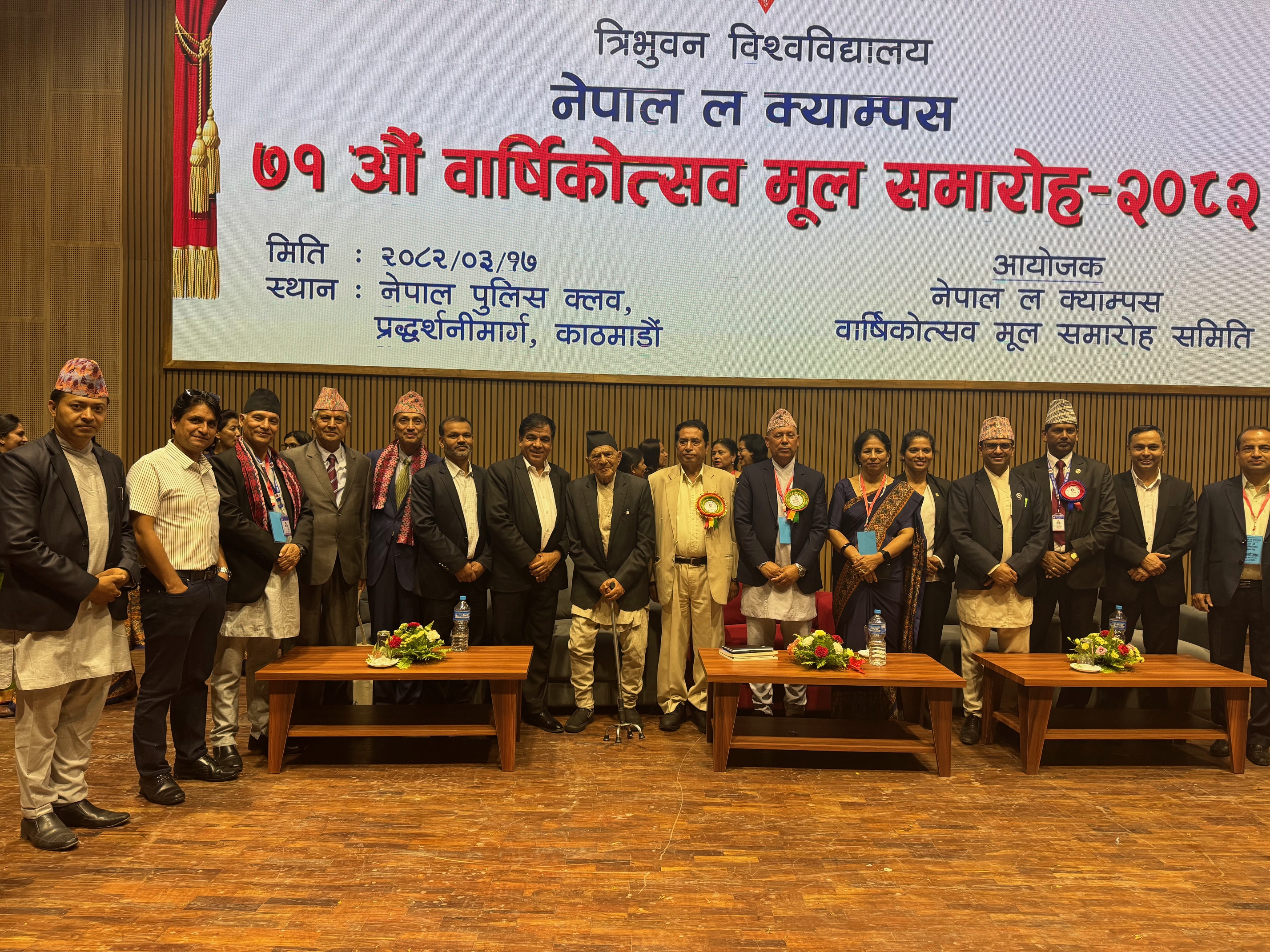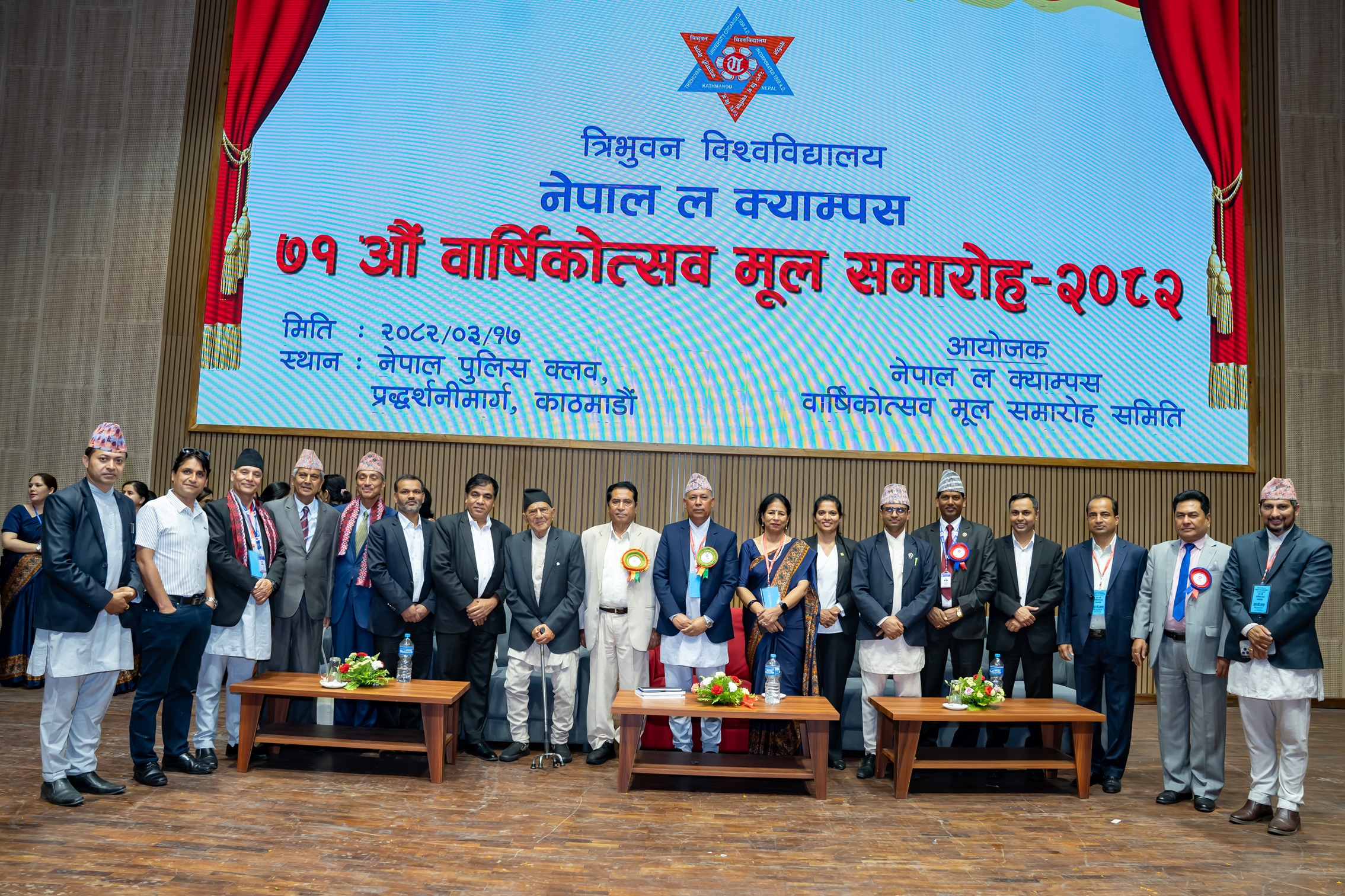Traditional legal education which was imparted through Srestha Pathshala was not sufficient to meet the needs of the time. The political changes of 1950 caused restructuring in every field of social sector. Nepal Law College (present Nepal Law Campus - NLC) was established in 1 July 1954 (2011 Ashad 17 BS) to produce necessary human resource in legal sector as per the need of the country. In 1971, National Education System Plan was implemented with the objectives of producing necessary, competent human resources at different levels in different areas to meet the country’s needs and requirements. It significantly made a great breakthrough in the legal education system. In 1972, the Institute of Law introduced a two year Certificate Level (CL) programme and a three year Diploma in Law (D.L.) programme. In 1980-1986, Tribhuvan University underwent a massive change. Consequently, the Institute of Law converted into the Faculty of Law. A two year Certificate Level (CL) programme and a three year Diploma in Law programme were renamed as Proficiency Certificate in Law (PCL) programme and Bachelor’s Degree in Law (B.L.) programme respectively.
In 1996, Tribhuvan University, Faculty of Law, introduced after graduation a three year Bachelor of Laws (LL.B.) programme. The Proficiency Certificate in Law programme was phased out in 1995. A three year Bachelor’s Degree in Law (B.L.) programme was replaced by LL.B. programme.
In 1996, Tribhuvan University, Faculty of Law, introduced a two year Master of Laws (LL.M.) and in 2013 a three year Master of Laws (LL.M.) programme. The course of LL.M. programme is designed for those who seek higher qualification in Law. The need for this programme is important for achieving the goal of legal excellence backed by a body of highly trained jurists, scholars and lawyers of national standing as well as of international status in Nepal. This course is designed to enrich law students with firm grounding in Nepal's legal traditions, research and recent development in the field of law.
